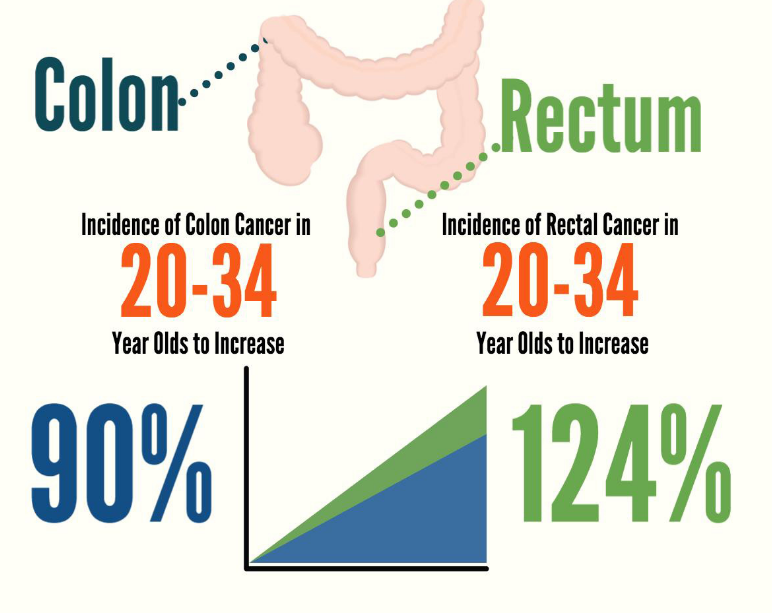Understanding Colon Cancer: Risks, Symptoms, and Prevention

Introduction
Colon cancer, one of the most common forms of cancer worldwide, poses a significant health risk, particularly to those over the age of 45. As awareness about this disease increases, understanding its symptoms, risk factors, and preventive measures becomes crucial for public health. Early detection and lifestyle modifications can significantly reduce the incidence of colon cancer, making this information relevant to individuals, families, and healthcare providers alike.
What is Colon Cancer?
Colon cancer, also known as colorectal cancer, originates in the caecum or colon and often develops from precancerous polyps. These polyps can remain asymptomatic for years, making regular screening vital for early intervention. The World Health Organization (WHO) reported that approximately 1.9 million new cases of colorectal cancer were diagnosed globally in 2020, with a staggering number leading to fatal outcomes.
Risk Factors
Several factors contribute to the risk of developing colon cancer. Age is the most significant, with the majority of cases diagnosed in individuals over 50. Other factors include genetics, with a family history of colon cancer increasing risk significantly. Lifestyle choices such as a diet high in red or processed meats, low physical activity, obesity, and smoking further heighten the chances of developing the disease. Additionally, inflammatory bowel diseases like Crohn’s disease and ulcerative colitis also contribute to increased risk.
Symptoms to Watch For
Symptoms of colon cancer can be subtle or absent in the early stages. However, if present, they may include changes in bowel habits (such as diarrhea or constipation), blood in stool, abdominal discomfort, unexplained weight loss, and fatigue. Acknowledging these symptoms and consulting a healthcare professional for screening can be life-saving.
Preventative Measures
Preventing colon cancer involves a combination of regular screenings and lifestyle changes. The American Cancer Society recommends that individuals at average risk begin screening at age 45. Furthermore, maintaining a healthy diet rich in fruits, vegetables, and whole grains, engaging in regular physical activity, and monitoring body weight are critical. Avoiding tobacco and moderating alcohol consumption are also pivotal in prevention efforts.
Conclusion
Colon cancer remains a significant concern globally, yet it is largely preventable and treatable if identified early. Educating oneself about the risk factors and symptoms, along with adherence to screening guidelines, can drastically improve survival rates and outcomes. As more individuals become aware and proactive about their health, the incidence of colon cancer can be reduced, leading to healthier communities.









